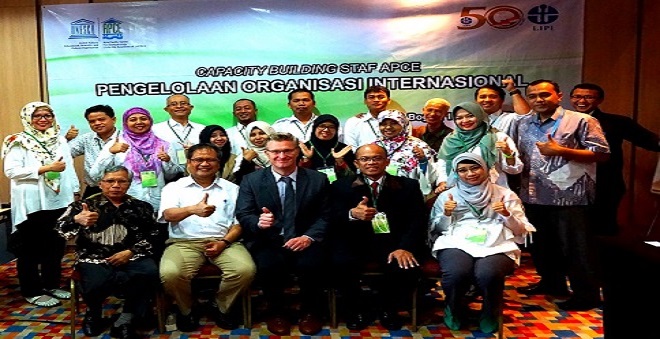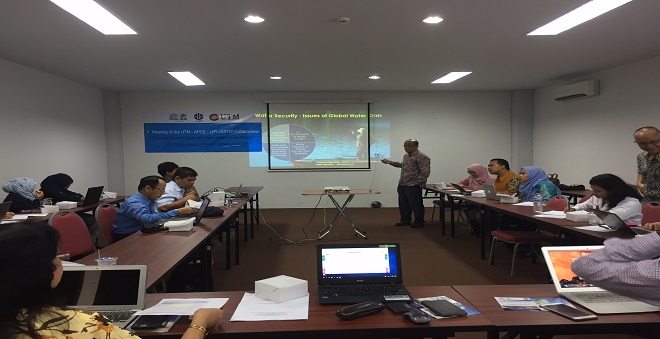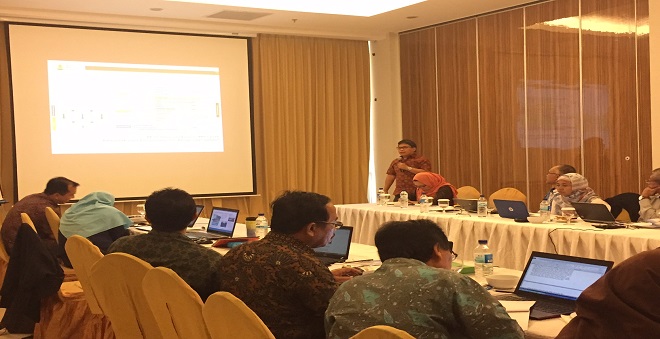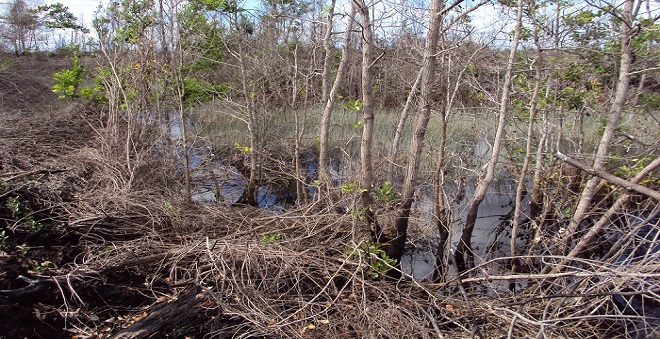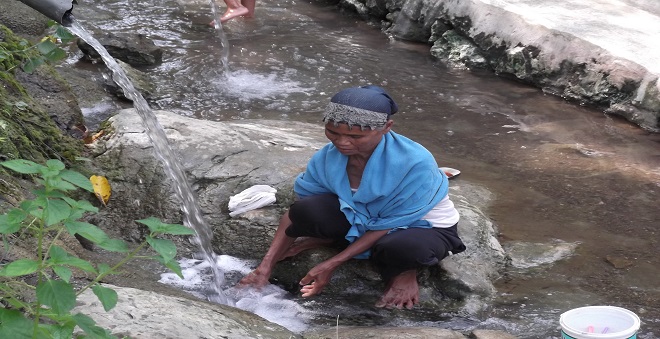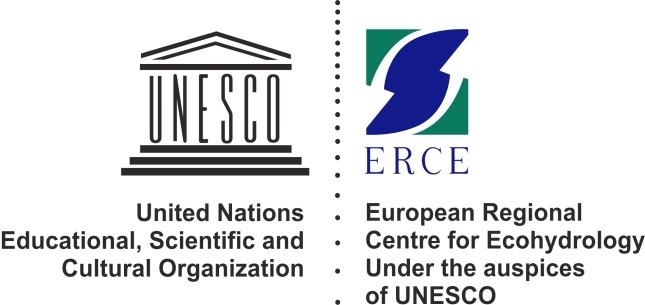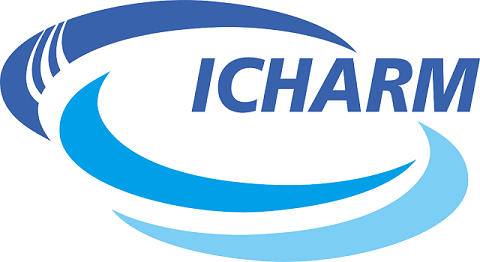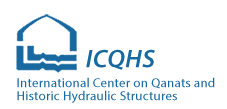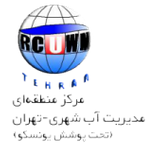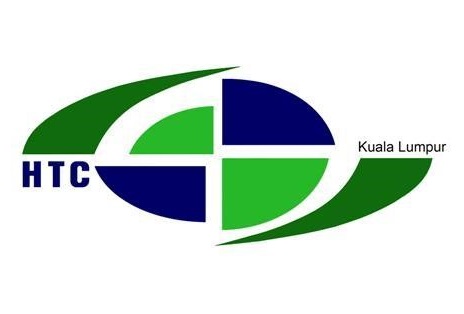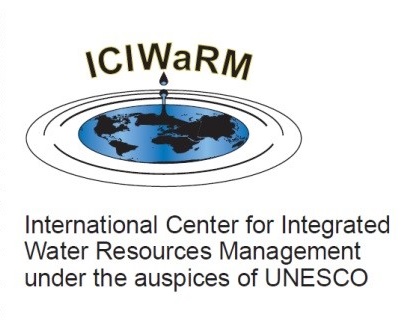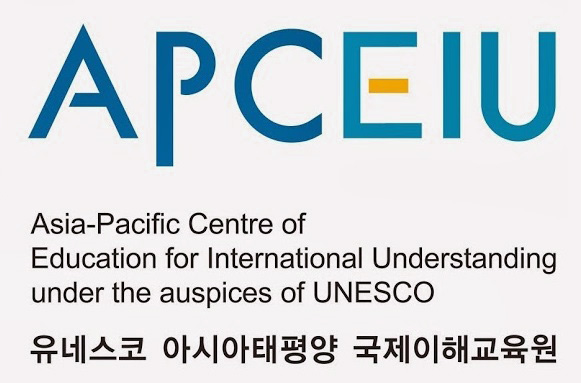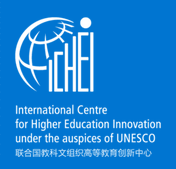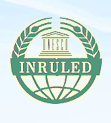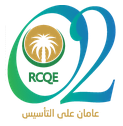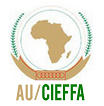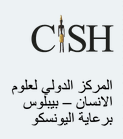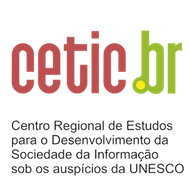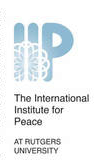Consultation Workshop And Training On Water And Urban Initiative Case Study In Jakarta, Indonesia
The Water and Urban Initiative (WUI) is a research project of the UNU-IAS based in Tokyo, Japan, aiming to contribute to sustainable urban development by creating scientific tools to forecast the future state of urban water environments. WUI is a four-year project starting in 2014, funded by the Ministry of the Environment, Government of Japan.
Focusing on cities in developing countries in Asia, WUI develops a suite of simulation models to evaluate urban flooding, water quality of urban rivers, and health risk caused by water-borne infectious diseases spread via flood water up to 2030. The simulation scenarios consider projected changes in climate, population and land use as well as the development of infrastructure for flood control and wastewater treatment based on city’s master plans. WUI also conducts an integrated economic evaluation of water quality as well as flood damage and health loss associated with urban flood. Policy recommendations are developed based on the research findings to address anticipated risks of floods and water quality deterioration.
Jakarta is one of the eight target cities of WUI case studies. In developing future scenarios toward 2030, population and land use projection, and the effect of climate change have been considered. In March 2016, WUI held a symposium in Jakarta to discuss preliminary findings and their implications. Based on the feedback in the symposium, we have refined the simulation models and finalized projection results. Those results and policy recommendations will be shared in this workshop.
The consultation workshop is targeted for policy makers, national and city government officials and practitioners dealing with wastewater and flood management in Jakarta Megapolitan City to discuss water related challenges and policy needs.
The objectives of the consultation workshop are the following:
- To share with stakeholders final simulation results of the case study in Jakarta.
- To discuss policy recommendations based on findings. The important points for discussions to be under attention are as bellow:
- Based on the recommendations, how can the city better address future risks of flood and water quality deterioration, and ultimately contribute to the achievement of the Sustainable Development Goals (SDGs)?
- Do any additional interventions need to be considered in the implementation of the master plan?
- The consultation workshop and training on water and urban initiative will be held on 21 August, 2017 (Monday) in Grand Kemang Hotel, Jakarta, Indonesia;
- The hands-on training workshop of water quality projection model will be held on 22-23 August, 2017 (Tuesday-Wednesday, one and half day) in Grand Kemang Hotel, Jakarta, Indonesia;
- The hands-on training workshop of flood inundation modeling and damage assessment will be held on 23-24 August, 2017 (Wednesday-Thursday, one and half day) in Grand Kemang Hotel, Jakarta, Indonesia.
-
In collaboration with UNU-IAS, APCE-UNESCO will implement the following activities:
Preparation and implementation for the consultation workshop and training on water and urban initiative. This includes the identification of researchers and stakeholders who will participate in the workshop, coordination, sending and following up the formal invitations, preparing the logistical arrangements, collaboration with UNU-IAS in facilitating the workshop activities, preparing the equipment and materials needed for the workshop, news announcement of the project activities in official APCE and RC-Limnology websites and other means. There is no absolute number for the participants, but we assumed up to around 60 participants including us. - Organization and implementation of the two hands-on training workshop, namely:
- The hands-on training workshop of water quality projection model;
- The hands-on training workshop of flood inundation modeling and damage assessment.
- This includes the identification of participants (technical persons and researchers with hydrological backgrounds – and in charge with technical advice/inputs on developing master plans), collaboration with UNU-IAS in facilitating the training workshop activities and materials, keeping notes of the workshop sessions and making a training workshop report. For, training workshop, 20-30 participants would be targeted for hands-on training.
- Through the consultation
workshop and training on water and urban initiative, APCE in
collaboration with UNU-IAS will bring together experiences in
implementing ecohydrological approaches to environmental management as
well as on how the ecohydrology and ecotechnology could provide low cost
environmentally sound technology for sustainable water management,
especially in the Asia Pacific region.



